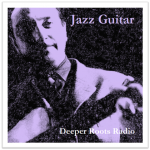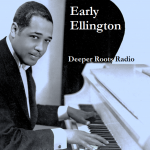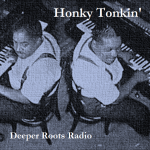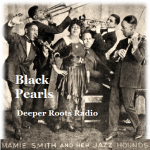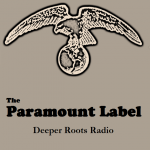
Paramount Records was born in 1917 and in the mere fifteen years of their existence they would introduce some of the greatest names in the blues. Ma Rainey, Blind Lemon Jefferson, Charley Patton, Skip James, and Papa Charlie Jackson are but a few. In 2013, Jack White’s Third Man Records teamed up with Revenant Records to release the first of what would become one of the most ambitious attempts at documenting the story of a record company born from a furniture company that was driven to create product for the record cabinets they sold. Based on the book “The Rise and Fall of Paramount Records”, part two of the omnibus will be released later this year (or in early 2015).
This week on Deeper Roots, we share some of the story…and a lot of the music which was not necessarily limited to the blues but also some incredible gospel, mountain, and jazz recordings. When listening through what Dean Blackwell of Revenant Records calls the “gauze of static”, you’ll hear the music of the last century come alive. Tune in Friday night at 9 o’clock for a rare listen.
